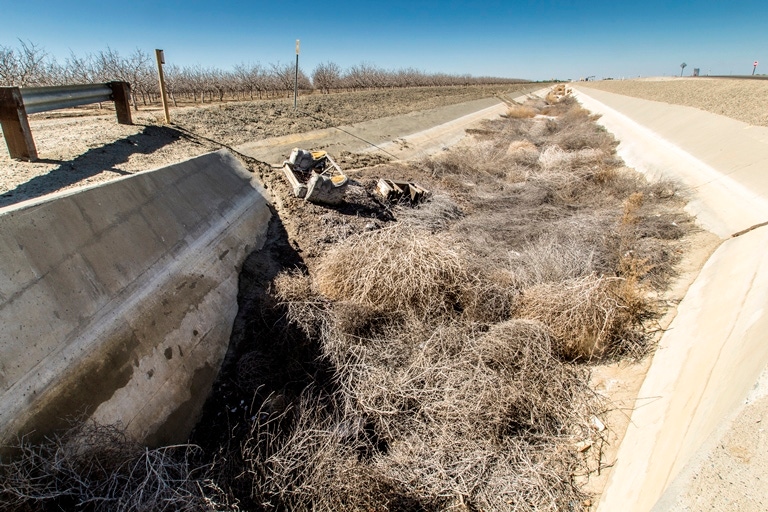July 4, 2018

We recently published a story on the work by college students at Cal Poly San Luis Obispo to understand farmer suicides in the United States. The paper, written by four students from Dr. Scott Vernon’s agricultural communications, cited Centers for Disease Control figures that pegged suicide rates among farmers as highest among all occupations.
“The New Food Economy” reports online that the CDC has since retracted its data, claiming their initial report had incorrectly coded various occupations related to suicide rates. The results of the data error were an “overestimation of the rate of suicide in the farming, fishing and forestry group, and a corresponding underestimation of rates among other classifications.
The original news about farmer suicides apparently caused lawmakers to add language in the 2018 farm bill to address mental health issues among agricultural workers. Whether that language makes it through the entire process, is funded and subsequently promoted by the appropriate agencies remains to be seen.
The error apparently means that suicide rates among farmers is not as high as claimed by the CDC. The CDC is now saying that farmer suicides are impossible to determine.
That was already the conclusion of the Cal Poly students as they surmised some farmer suicides may be classified as “accidents” to mask the intentional cause and thus allow survivors to collect death benefits.
Farm Aid, the nonprofit organization whose mission it is to keep family farmers on the land, says the retraction should not minimize what remains a difficult time for farmers and rural communities. Farm Aid writes in a statement that net farm income is estimated to be more than 50 percent lower now than it was in 2013.
Meanwhile, Farm Aid reports that it sold out its Sept. 22 concert in Hartford, Conn. in four hours, suggesting that perhaps the message of Farm Aid still resonates with folks.
Over the years Farm Aid has held concerts throughout the Heartland of America, taking their shows also to the Southeast, Northeast and even once to Seattle. Why they’ve never been to the nation’s largest farm state by gross value might otherwise be appalling if California was better represented in national Ag policy discussions.
Perhaps a series of Farm Aid concerts throughout California might help draw attention to the plight of farmers and agricultural workers here. Ridiculous regulatory restrictions that include loss of farm water, higher taxes and mandated labor costs higher than anywhere else in the United States make the state, which is uniquely gifted to produce much of the nation’s food, a difficult place in which to continue this endeavor.
Consider this an invitation for Farm Aid to bring one or more shows to California to promote food production and draw attention to the needs of farmers and farm workers here who struggle to make a living from the land because of poor public policy.
You May Also Like




